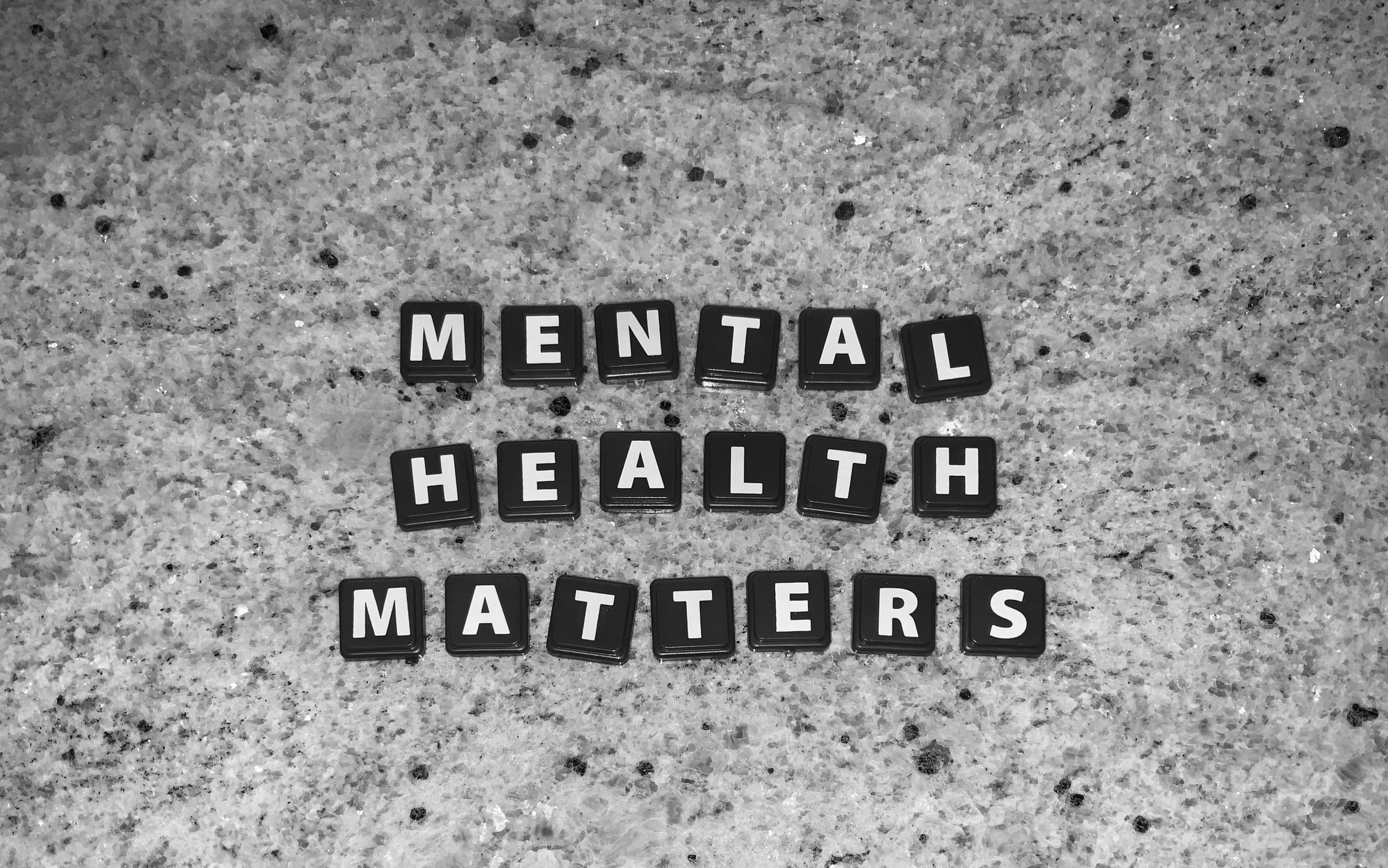Mental health advocacy involves raising awareness, challenging stigma, and promoting support for individuals with mental health conditions. It is a crucial step towards creating a more inclusive and understanding society.
Why Mental Health Advocacy Matters
- Breaking Down Stigma: Mental health stigma can prevent people from seeking help and can lead to discrimination.
- Promoting Early Intervention: Early intervention for mental health conditions can significantly improve outcomes.
- Reducing Suicide Rates: Mental health conditions are a leading cause of suicide. By promoting awareness and reducing stigma, we can help prevent suicides.
- Improving Quality of Life: Mental health is essential for a good quality of life. By prioritizing mental health, we can improve our overall well-being.
How to Become a Mental Health Advocate
- Educate Yourself: Learn about mental health conditions and the challenges faced by individuals with these conditions.
- Challenge Stigma: Speak out against negative stereotypes and discrimination.
- Support Others: Offer support and encouragement to individuals with mental health conditions.
- Get Involved: Join a mental health advocacy organization or volunteer your time to support mental health initiatives.
- Share Your Story: If you have personal experience with mental health, consider sharing your story to inspire others.
Advocacy Strategies
- Policy Advocacy: Work with policymakers to advocate for policies that support mental health.
- Media Advocacy: Use media outlets to raise awareness about mental health issues and challenge stigma.
- Community Outreach: Organize events and activities to promote mental health awareness in your community.
- Peer Support: Connect with others who have experience with mental health conditions and provide support to each other.
Mental health advocacy is a powerful way to make a difference in the lives of individuals with mental health conditions. By raising awareness, challenging stigma, and promoting support, we can create a more inclusive and understanding society.
Would you like to learn more about a specific mental health advocacy organization or strategy?
